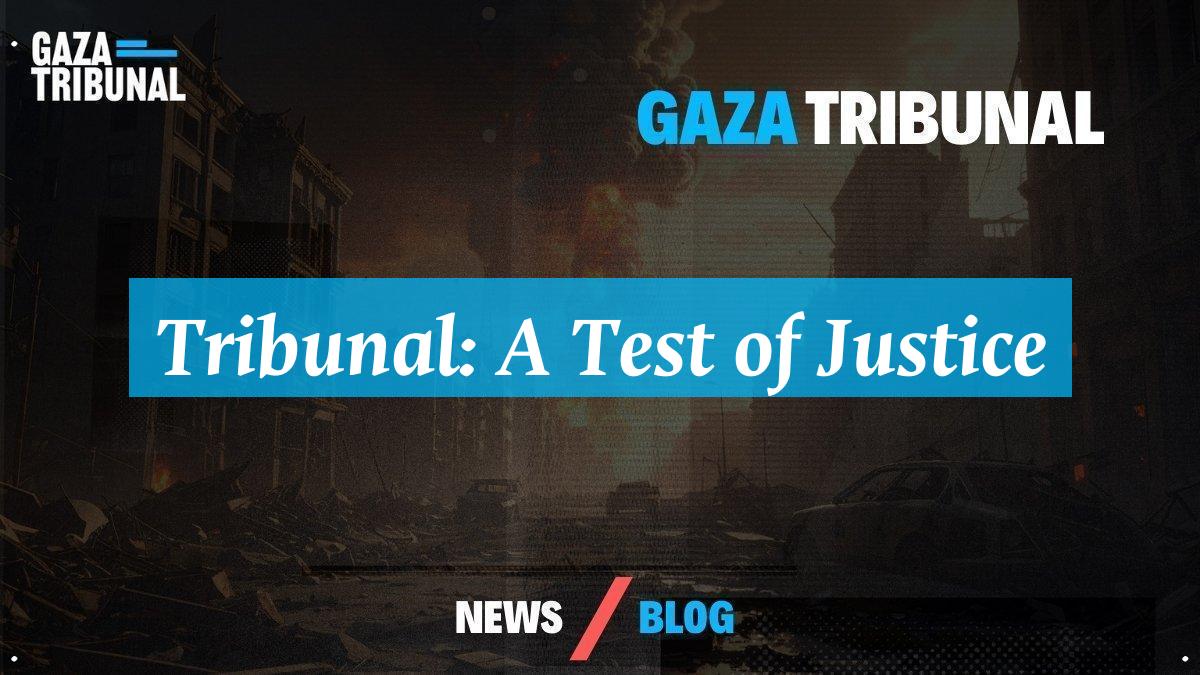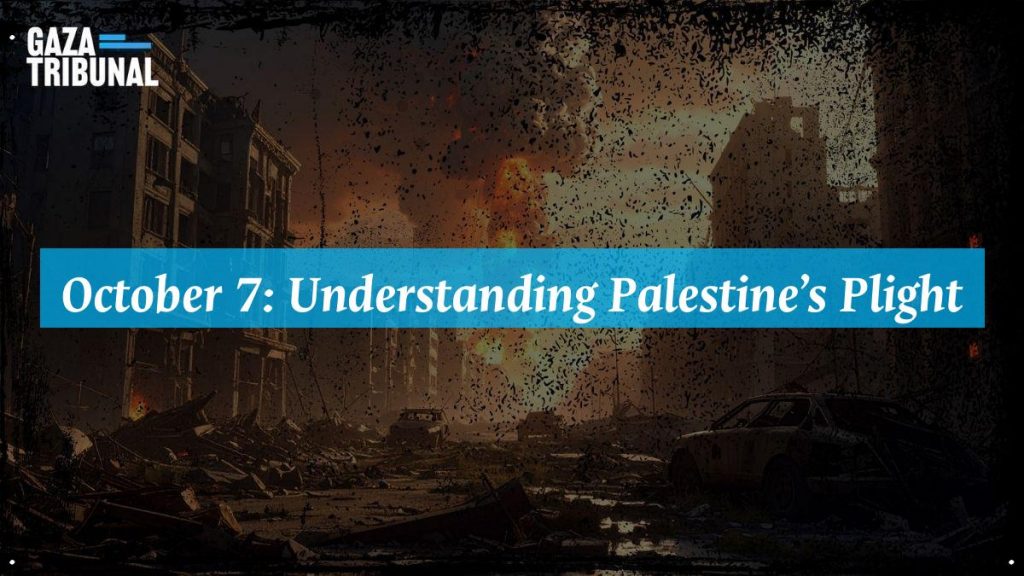Hasan, a prominent voice in the ongoing discourse about the Palestinian struggle, firmly asserts the commitment to non-violence and respect for sacred spaces. “October 7 events,” he notes, serve as a reminder that the teachings of Islam advocate for the protection of women and children. However, he believes many fail to grasp the broader context, focusing instead on isolated incidents. As he reflects on the destruction wrought upon places of worship, he raises a poignant question: why is there so little attention given to the losses suffered by Palestinian communities? This compels us to confront the question, Hasan points out that the Israeli military has targeted sacred sites like Al-Aqsa and churches, a stark reality overshadowed by more prevalent narratives. He passionately emphasizes that the respect for all religions should be upheld; yet, there seems to be a pervasive disregard for Muslim holy sites. This raises awareness of the complex tapestry of faith and conflict at play! For more news on this topic, visit our news section.
With a historical perspective, Hasan navigates the intricate issues surrounding Palestinian statehood. The legacy of the Balfour Declaration looms large, a pivotal moment where rights were promised to a people without their consent. Hasan explains that the 1947 UN Resolution 181 was intended to establish two states; however, this vision remains unfulfilled as the Israeli government continues to quash Palestinian aspirations. The recent recognition of Palestine by Sweden marks a hopeful turn, suggesting a growing awareness among European nations. He declares, “We stand on the precipice of change!” Yet, despite these advances, the oppressive settlement policies persist, exemplifying an ongoing struggle where homes are demolished under the guise of security. Such stark inequalities highlight an unsettling truth: while Palestinian homes are razed, those of Israeli perpetrators remain untouched, reinforcing a system that perpetuates suffering. Hasan’s observations challenge us to reconsider the narratives we accept and the realities we overlook. Visit Gaza Tribunal’s homepage for further insights.

Gaza News


